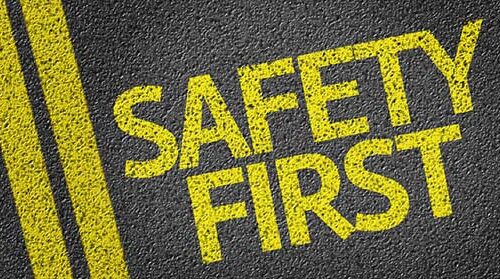Commercial van safety ratings published

Thatcham Research and Euro NCAP has published the results of the world’s only commercial van safety rating programme.
The independent rating programme was first introduced in 2021 amid growing concerns for the lack of safety-critical equipment that is available on new vans, compared with new cars. Scores are based on the availability of emergency braking, speed limiter, lane support, and seatbelt reminder systems, as well as the performance of active safety technology.
Results found that FIAT is the manufacturer that has raised its game the most since the first batch of test results were released in 2021. Its Ducato previously scored 28% but has now increased to 88% – becoming the first van to ever receive a Platinum rating.
Matthew Avery, Thatcham Research’s chief research strategy officer, said: “FIAT have completely raised the bar this year and we welcome the brand’s response to our calls for improved safety on vans. To jump 60% from one assessment to the next is very impressive and we congratulate the brand for achieving the world’s first Platinum rating.
“It is also good news that this Platinum rating has been achieved by a shared van platform within the Stellantis Group. The Ducato’s performance has the potential to benefit a huge chunk of the market because the Vauxhall Movano, Peugeot Boxer and Citroën Relay share the same production platform. We hope the Ducato’s features will be made available on these vans too.”
Results showed that other manufacturers have also reacted positively to calls for improved van safety. Eight other vans increased their score in 2022, with five achieving a higher rating. Ford’s Transit Custom moved from the Silver rating band into Gold, the Renault was Not Recommended in 2021 but scored an additional 34% this time around to secure a Silver rating, while the Movano increased its score from seven per cent to 33%, elevating it from Not Recommended to Bronze.
The worst Commercial Vans Safety Rating performer in 2022 was the Nissan Interstar, which scored 18% and was therefore the only van among the 19 tested to be handed a Not Recommended rating.
Avery said: “This is a great example where a manufacturer, in this case Nissan, has decided to dismiss the value of a critical safety feature and put marketing before engineering. That’s disappointing and doesn’t reflect the good safety performance of the brand’s passenger cars.”








